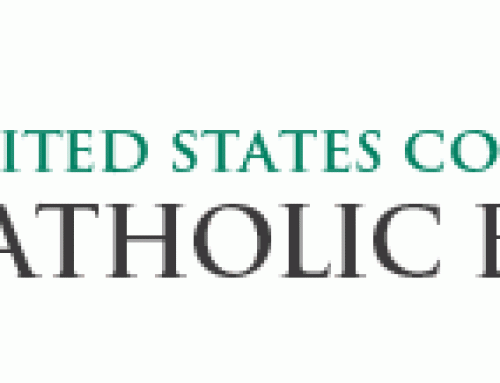U.S. Bishops’ Doctrine Committee Issues Guidance to Catholic Health Care Institutions on Respecting the Fundamental Order of the Human Body
March 20, 2023
WASHINGTON – The U.S. Conference of Catholic Bishops’ (USCCB) Committee on Doctrine has issued a statement providing moral criteria to Catholic health care institutions for discerning which medical interventions promote the authentic good of the human person and which are in fact injurious. The USCCB’s Administrative Committee approved the issuance of the Committee on Doctrine’s statement on March 15.
In their statement, the doctrine committee acknowledges that modern technology offers chemical, surgical, and genetic interventions for the functioning of the human body, as well as for modifying its appearance. While these developments have led to the cure of many maladies and promises for more, modern technology also produces interventions that are injurious to the true flourishing of the human person. As an example of immediate concern, the committee cites the interventions advocated by many in society as treatments for what is termed “gender dysphoria” or “gender incongruence.” These interventions involve the use of surgical or chemical techniques that aim to exchange the sex characteristics of a patient’s body for those of the opposite sex or for simulations thereof. As such interventions “do not respect the fundamental order of the human person as an intrinsic unity of body and soul, with a body that is sexually differentiated,” the committee states that Catholic health care services must not perform them.
While affirming that Catholic health care services “must employ all appropriate resources to mitigate the suffering of those who struggle with gender incongruence,” the committee asserts that the means used “must respect the fundamental order of the human body” or else the human person will not be helped, but rather harmed. The committee’s statement, which was developed in consultation with numerous parties, including medical ethicists, physicians, psychologists, and moral theologians, emphasized that “Catholic health care services are called to provide a model of promoting the authentic good of the human person. To fulfill this duty, all who collaborate in Catholic health care ministry must make every effort, using all appropriate means at their disposal, to provide the best medical care, as well as Christ’s compassionate accompaniment, to all patients, no matter who they may be or from what condition they may be suffering,” the statement says.
The committee’s full statement may be read here.









